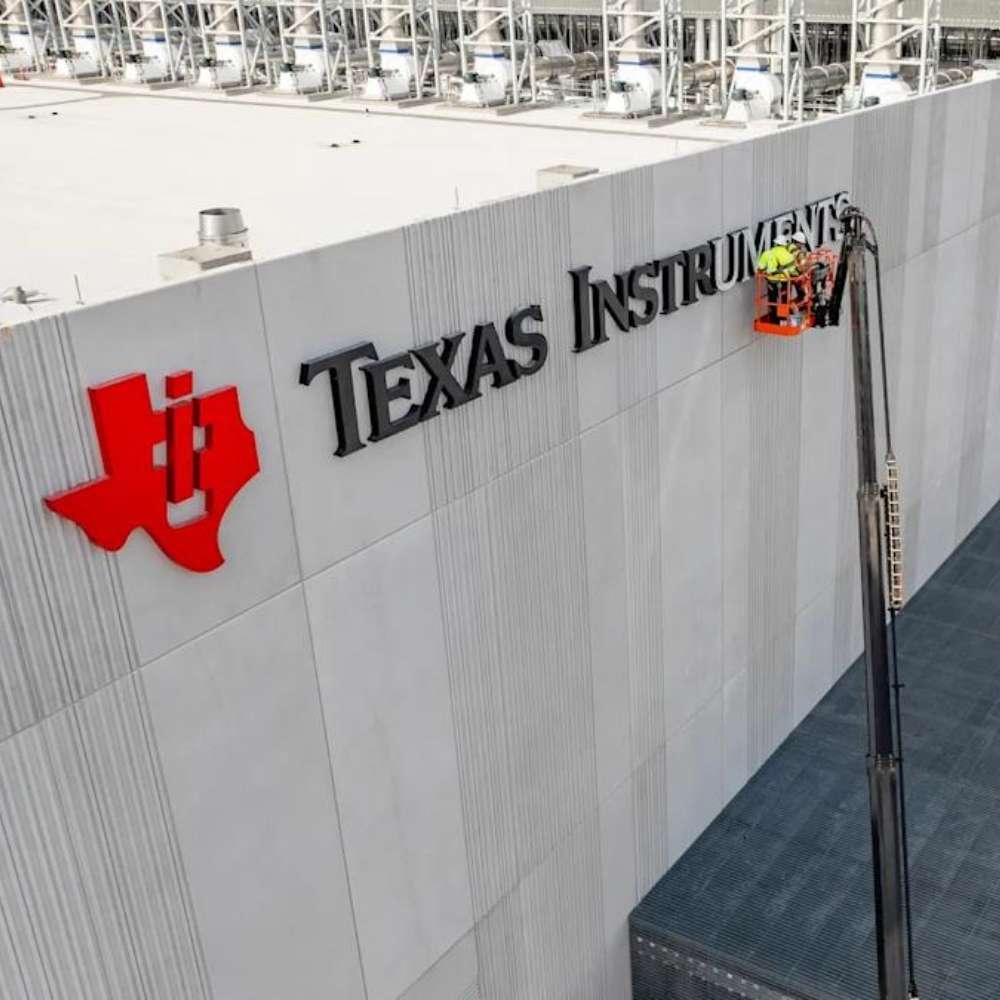TI Commits to Historic Semiconductor Investment
In a groundbreaking move for the U.S. tech sector, Texas Instruments (TI) announced on Wednesday its plans to invest over $60 billion in domestic semiconductor manufacturing. This massive initiative will fund the construction and expansion of seven fabrication plants across Texas and Utah. The investment is expected to generate more than 60,000 jobs and marks a historic milestone as the largest investment in foundational semiconductor production in the nation’s history. TI, a key supplier to major tech and automotive players like Apple, Nvidia, and Ford, aims to support U.S. efforts to boost self-sufficiency in chip production.
The announcement comes as part of a broader collaboration with the Trump administration, which has been vocal in its push to reinvigorate American manufacturing and reduce reliance on foreign suppliers. According to TI, the goal is to domestically produce essential chips used in everyday electronics, from smartphones to data centers and vehicles. U.S. Commerce Secretary Howard Lutnick emphasized the administration’s commitment to expanding domestic semiconductor capabilities, describing the partnership with TI as a cornerstone for long-term national tech resilience.
Trump Administration’s Manufacturing Push Gains Momentum
The TI investment is the latest in a string of high-profile commitments by American corporations aligning with President Donald Trump’s efforts to “onshore” production and restore U.S. manufacturing strength. General Motors recently announced a $4 billion investment to scale up domestic production, while Apple revealed a $500 billion plan in February to enhance its U.S. facilities. Tech giants Oracle, OpenAI, and SoftBank also made headlines earlier this year by launching Stargate, a joint venture aimed at bolstering artificial intelligence infrastructure on American soil.
Though many companies had already begun expanding stateside before Trump’s second term, his administration has intensified the pace with aggressive economic measures. In the first quarter of his renewed presidency, Trump imposed sweeping tariffs on foreign-made products, a move he argues is necessary to combat trade imbalances and protect American industries. These policies are seen as instrumental in redirecting supply chains and investments back to the United States.
Texas Instruments Technology Race with China and Future of U.S. Innovation
Central to Trump’s manufacturing agenda is maintaining U.S. supremacy in global technology, particularly amid growing competition from China. The rise of Chinese AI firms like DeepSeek has heightened urgency in Washington and Silicon Valley, with fears that affordable, high-performance models could disrupt the industry. The Trump administration’s focus has extended beyond chips to encompass the broader tech ecosystem, including artificial intelligence and consumer electronics.
In line with this vision, the Trump Organization is preparing to unveil a new smartphone under its “Trump Mobile” venture this September. The device is expected to be fully designed and manufactured in the U.S., though experts remain skeptical about the feasibility of such an endeavor given current domestic capabilities and workforce readiness.
At a recent AI summit in Paris, Vice President JD Vance reaffirmed the administration’s stance, declaring, “The United States of America is the leader in AI — and our administration plans to keep it that way.” The TI investment represents a critical piece in that larger strategy, positioning the U.S. to regain its edge in semiconductor technology and secure its future in the global tech race.







